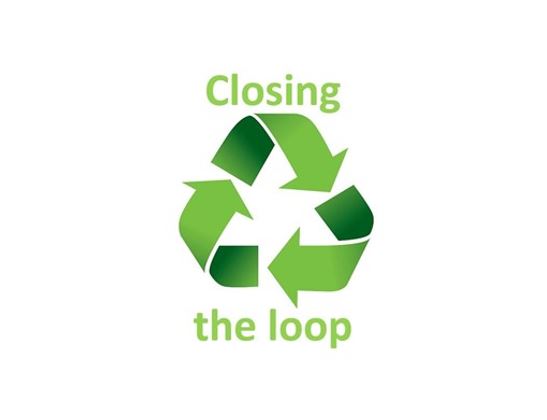Recycling is at the core of Leafield Environmental’s business and sustainability is the Company ethos. As well as producing recycling bins that encourage recycling and the segregation of recyclable material at the point of collection, the Company also manufactures bins from recycled material and recycles/reuses 100% of its production waste.
Now, in a scheme encouraged by a number of Local Authorities and major customers, Leafield is recovering outdated and redundant plastic products to re-manufacture into second-generation products, proving that the company takes its Corporate Social and Environmental Responsibilities very seriously.
The service enables customers to reduce their disposal costs in terms of landfill, administration and transportation, while meeting their CSER obligations by selecting a viable, auditable recycling route for obsolete plastic items such as litter bins, bollards and water tanks.
Defunct and obsolete, rotationally moulded, Medium Density Polyethylene (MDPE) products, which previously would have ended up in landfill, are chipped at Leafield’s manufacturing plant in Corsham, Wiltshire, thereby overcoming the environmental problem, saving landfill costs and closing the recycling loop.
Clearly there have to be guidelines in order to make the enterprise beneficial for all involved and mitigate the carbon footprint of the operation. (The collection of the recyclable material by road is carbon generating and must be offset by the carbon reduction achieved by recycling… using recycled polymer in preference to virgin material.)
Firstly the material should preferably, but not essentially, be MDPE, (Medium Density Polyethylene) as this is the raw material for the Leafield rotational moulding process. Material that has previously been rotationally moulded is ideal as it is of known quality and can readily be chipped and reprocessed in house. Leafield has developed a new and exciting manufacturing route which it calls the Smart E-Bin process whereby waste material is colour segregated and used in its chipped form for rotational moulding rather than having to be re-granulated which has a higher energy demand and adds further cost to the process.
Secondly there has to be a sufficient quantity of material for collection to make the project worthwhile and at worst carbon neutral. Local Authorities are encouraged to collect the material, bins, tanks etc, as part of their daily logistics rounds and store in some central location for subsequent collection.
Although this service is vital a part of Leafield’s ability to offer a full life cycle management programme to its customer base, the scheme is not strictly limited to rotationally moulded items previously supplied by the company. Injection moulded items such as defunct wheelie bins and kerbside bins are equally problematic for councils to dispose of. Leafield Environmental can arrange to reprocess such items through a network of recycling facilities throughout the country… a network with which the company has long standing arrangements. Once collected, the material is reprocessed and sold as mixed recyclate on the open market before ultimately being made into second-generation products. The quality of such recyclate is not guaranteed suitable for use in Leafield’s manufacturing process but that doesn’t deter the Company from offering the service to everyone.
Clearly Leafield would like the opportunity to sell its products as replacements for the obsolete items but unlike with many of its competitors, this is in no way a pre-condition for participating in the scheme. Leafield Environmental takes the view that the plastics industry is dealing with a precious, finite resource and should make every effort to conserve it… wherever possible through recycling and reuse. This holistic approach need not come at a cost and in many instances the scheme has been shown to be a positive benefit customers financially.
One London Borough collected 500 pieces of street furniture but was confronted with substantial disposal costs, as no one would reprocess the items without an order to replace them. Leafield collected the items for recycling at no cost to the Borough and the Borough was able to clearly demonstrate its green credentials.
If you have plastic items to dispose of and wish to make a real contribution towards sustainability, you would be well advised to contact Leafield Environmental. Help make a difference, reduce landfill and close the recycling loop.
 English
English  Español
Español



